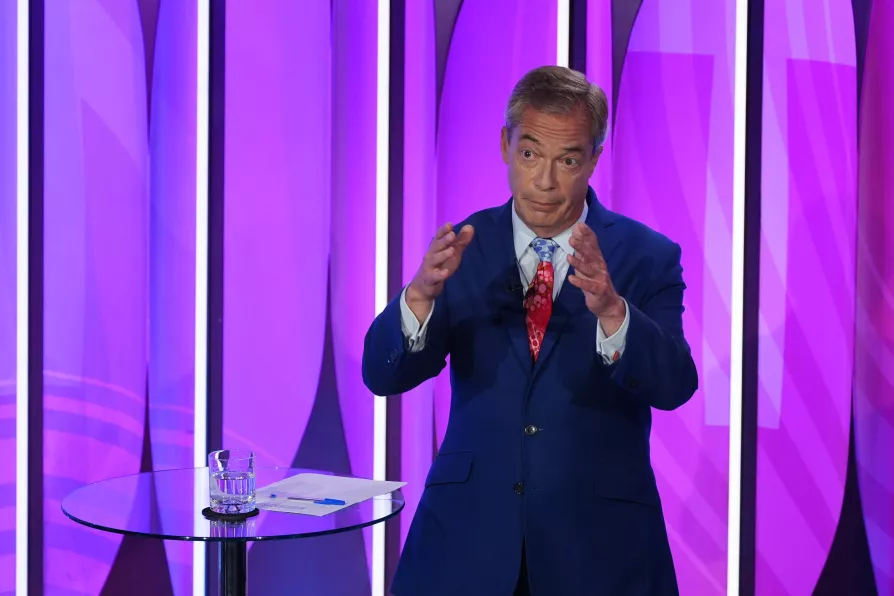From London’s holly-sellers to Engels’s flaming Christmas centrepiece, the plum pudding was more than festive fare in Victorian Britain, says KEITH FLETT

 Reform UK Leader Nigel Farage speaking during a BBC Question Time Leaders' Special at the Midlands Arts Centre in Birmingham, June 28, 2024
Reform UK Leader Nigel Farage speaking during a BBC Question Time Leaders' Special at the Midlands Arts Centre in Birmingham, June 28, 2024
POPPING across the road for my Morning Star today I was struck by the front page of the Daily Mail on the rack, the words VOTE FARAGE screaming from the headline.
Was Britain’s biggest-selling daily openly endorsing the far-right rabble rouser? The whole headline read “Vote Farage, Get Them” and the picture showed Keir Starmer and Angela Rayner.
At first I assumed this was a declaration for Reform UK, interpreting “get them” in a “go get ’em” sense. Then I realised it was a warning (vote Farage and you’ll get them instead) and invited readers to an inside supplement on tactical voting to block Labour.

Every Starmer boast about removing asylum-seekers probably wins Reform another seat while Labour loses more voters to Lib Dems, Greens and nationalists than to the far right — the disaster facing Labour is the leadership’s fault, writes DIANE ABBOTT MP

Reform’s rise speaks to a deep crisis in Establishment parties – but relies on appealing to social and economic grievances the left should make its own, argues NICK WRIGHT












